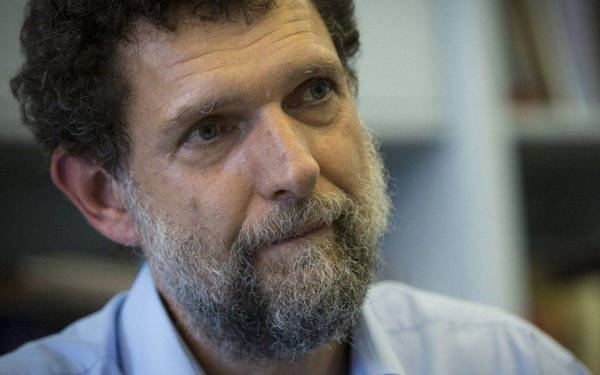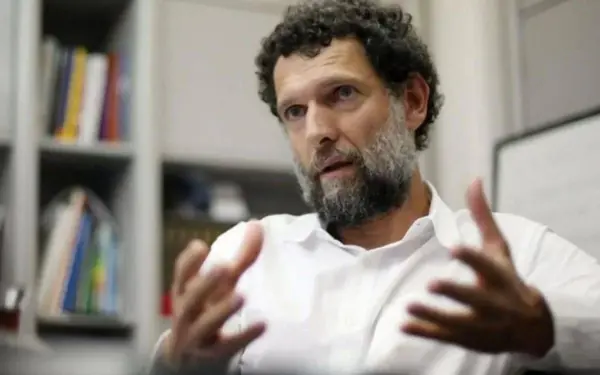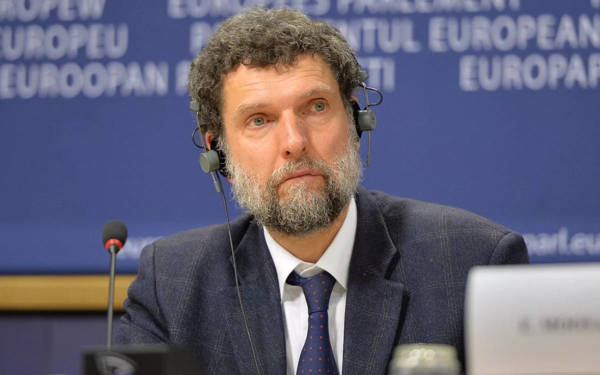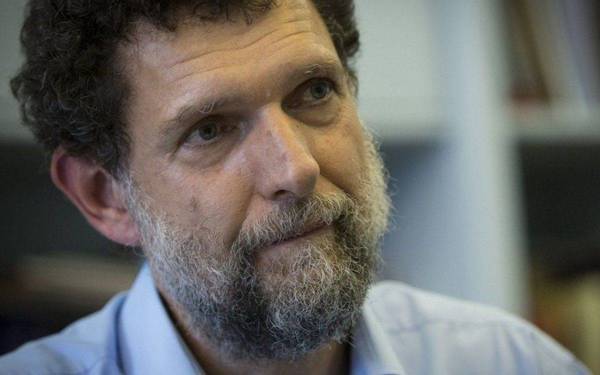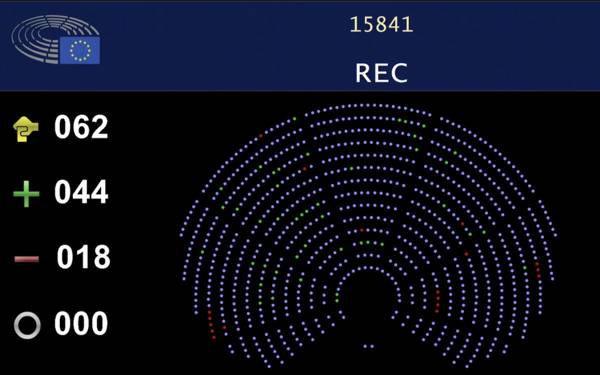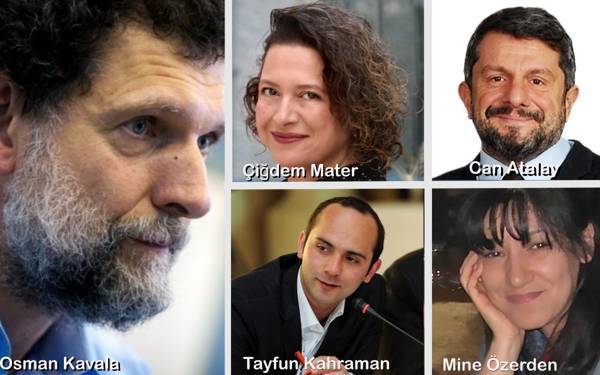ECtHR prioritizes new application from Osman Kavala

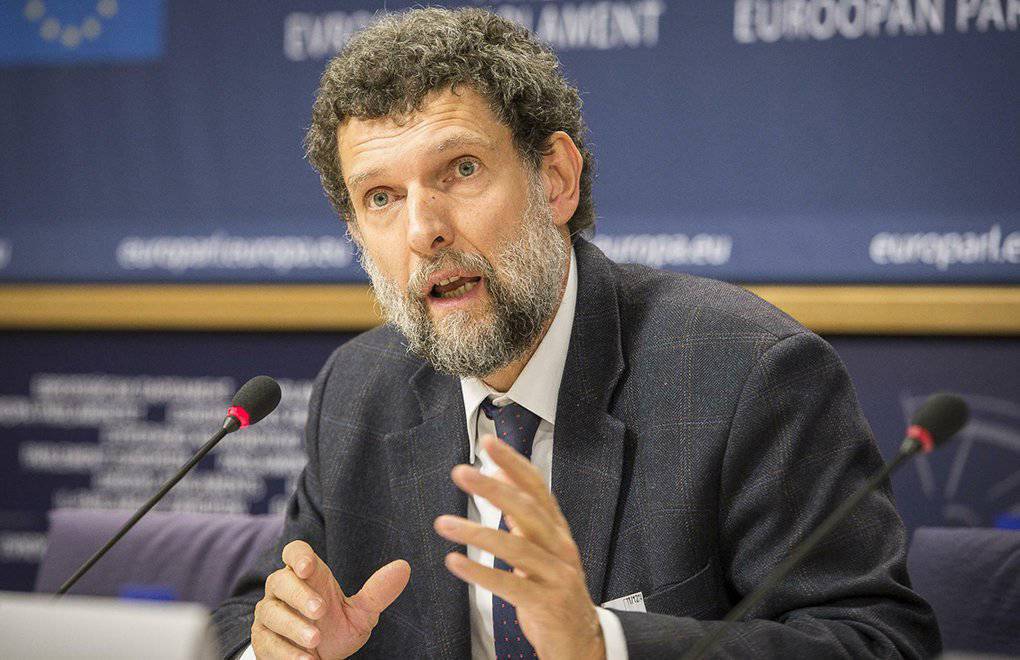
The European Court of Human Rights (ECtHR) has prioritized the examination of a second application by Osman Kavala, who has been detained since October 18, 2017, marking 2,352 days in prison.
The application, submitted on January 18, 2024, was communicated to Turkey by the ECtHR on March 21, 2024, with a request for Turkey to present its defense by July 16, 2024
This second application addresses ongoing and new allegations of violations despite the ECtHR's ruling on December 10, 2019, which found a breach in Kavala's case. Kavala's lawyers have stated that the Council of Europe's Committee of Ministers continues to oversee the execution of the 2019 and 2022 decisions requiring Kavala's immediate release. Turkey is obligated to comply with these legally binding decisions.
The new application does not affect the Committee's monitoring process or Turkey's ongoing legal obligations arising from the ECtHR's decision. The lawyers noted. The application highlights continued and new human rights violations since the 2019 infringement decision.
The complaints raised in the new application include:
- Kavala's detention since December 10, 2019, is wholly unlawful (Article 5 of the European Convention on Human Rights, ECHR).
- Local courts have failed to promptly review the legality of Kavala's detention (Article 5(4) of the ECHR).
- Kavala's right to a fair trial has been severely violated (Articles 6(1), 6(2), and 6(3)(d) of the ECHR).
- Kavala's conviction under Article 312 of the Turkish Penal Code (attempting to overthrow the government) does not meet the foreseeability requirement (Article 7 of the ECHR).
- Kavala's arrest, prosecution, and sentencing aim to silence and punish him as a human rights defender, severely limiting his freedom of expression and association (Articles 10 and 11 of the ECHR).
- Kavala has been detained, convicted, and sentenced to aggravated life imprisonment for political purposes, to silence and punish him (Article 18 in conjunction with Articles 5, 6, 7, 10, and 11 of the ECHR).
- The excessively long, arbitrary, politically motivated, and unlawful detention of an innocent person, and the lack of review for the life sentence imposed, violate Article 3 of the ECHR..
Background
Since the 2013 Gezi protests, President Recep Tayyip Erdoğan has targeted Osman Kavala, labeling him as 'Turkey's Soros.' Kavala was detained on October 18, 2017, and subsequently arrested on November 1, being placed in Marmara (Silivri) Prison.
The justification for his arrest was his alleged involvement in attempting to 'overthrow the government' during the Gezi protests and 'attempting to overthrow the constitutional order' in connection with the July 15 coup attempt.
He was acquitted in the Gezi Trial on February 18, 2020. However, he was not released. On the same day of his acquittal, he was re-arrested on charges of 'attempting to overthrow the constitutional order' in relation to the coup attempt. On March 9, 2020, he was arrested again on charges of 'political or military espionage' within the same trial.
His acquittal in the Gezi case was overturned, and he was retried, receiving an aggravated life sentence for 'attempting to overthrow the government' on April 25, 2022. The appellate court upheld the decision.
Furthermore, the ECHR, in its decision dated December 10, 2019, found Osman Kavala's detention arbitrary and politically motivated. Therefore, it ruled that Kavala should be immediately released.
Due to Kavala not being released in accordance with this decision, the Council of Europe Committee of Ministers initiated an 'infringement procedure' against Turkey.
In its ruling on July 11, 2022, the ECHR Grand Chamber stated that the finding of a violation of Article 5 in connection with Article 18 of the ECHR in the Kavala decision of December 10, 2019, would render any action based on allegations related to the Gezi Park events and the coup attempt null and void.
However, Turkish courts disregarded and did not implement these two legally binding decisions. (HA/VK)




